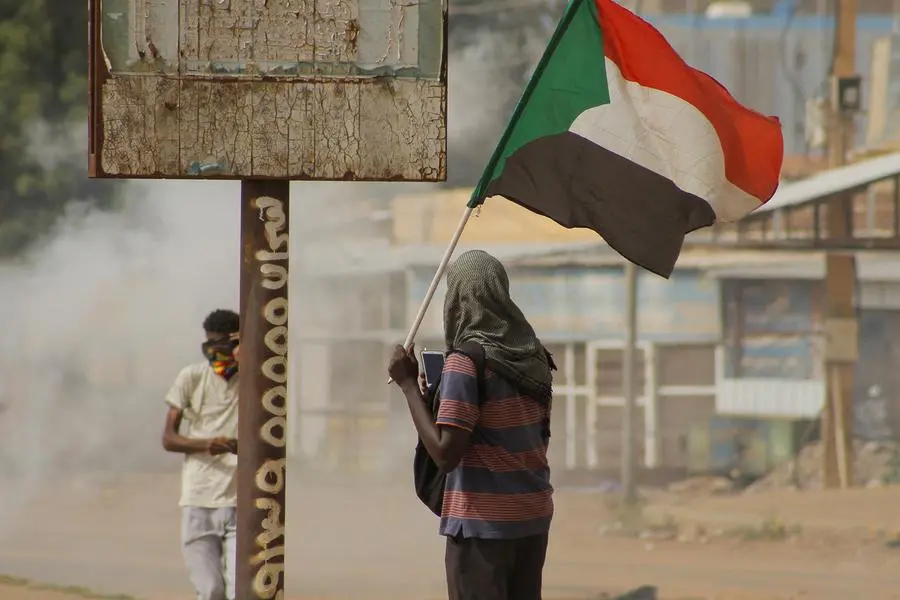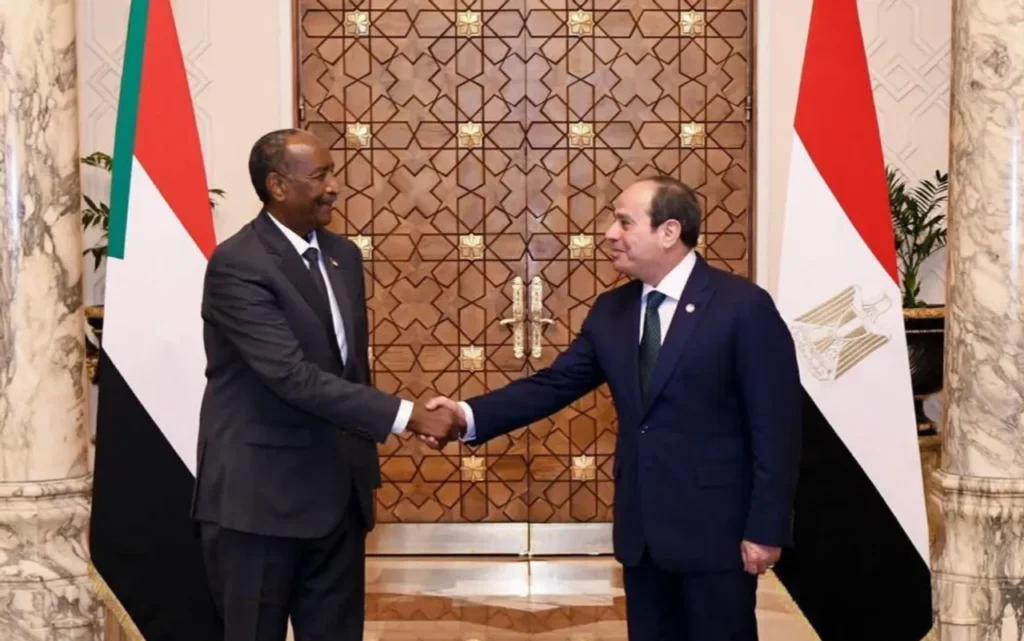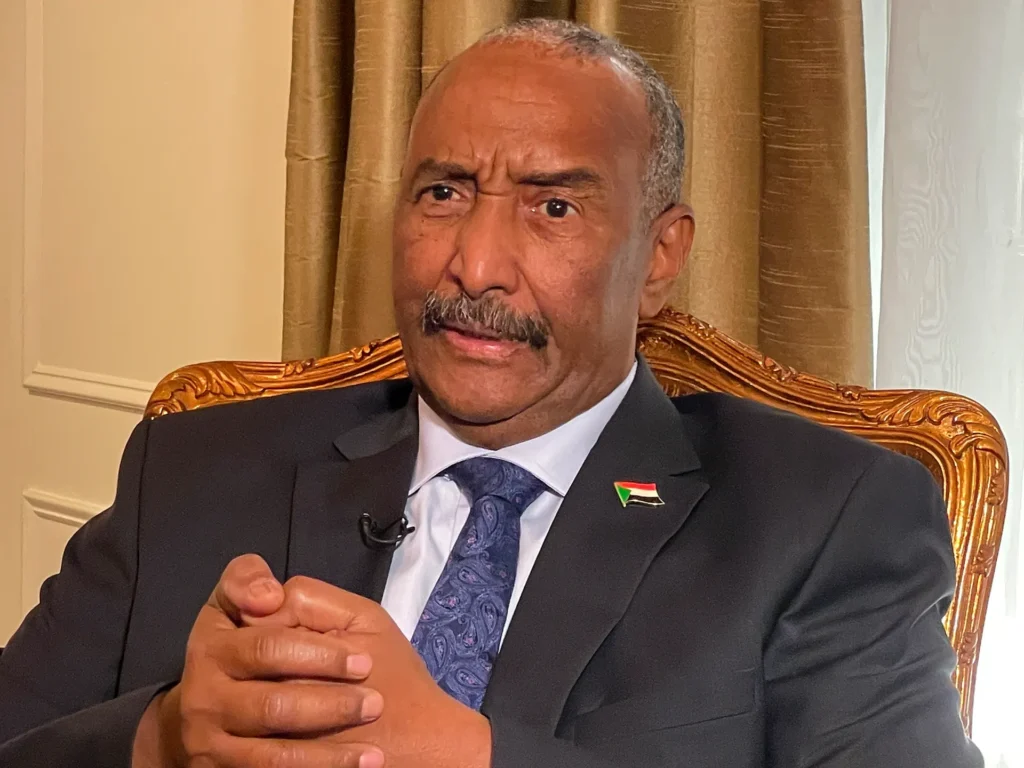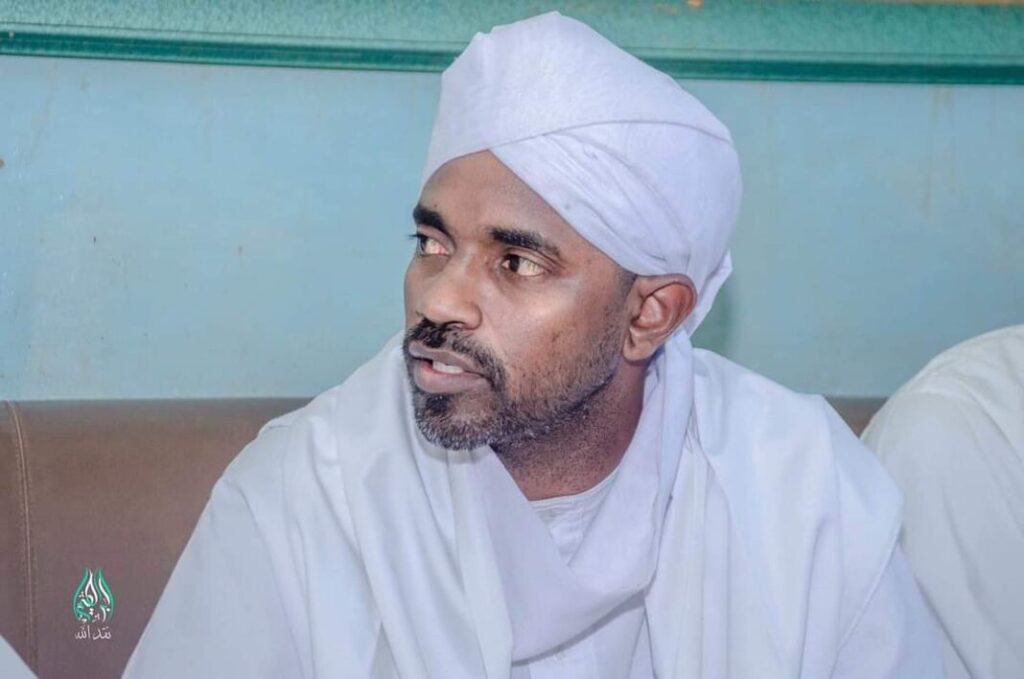
Indirect talks in Geneva, facilitated by the United Nations between the Rapid Support Forces (RSF) and General al-Burhan’s army (SAF) concluded on Friday without reaching a humanitarian agreement.
As usual, the discussions resulted in unilateral commitments for civilian safety and peace from one of the parties, Rapid Support Forces.
In a statement following the talks, U.N.’s Lamamra described the discussions as an “encouraging initial step in a longer and complex process,” while acknowledging that unilateral commitments do not equate to agreements with the U.N.
Although it ended as Geneva Peace Talks, the meeting in Switzerland was supposed to be a summit to find a lasting solution to the humanitarian crisis in the country.
Lasting between July 11 to July 19, Geneva talks were initially boycott by General al-Burhan at the start, with only the RSF delegation showing up in Geneva on July 11th.
Backlash from public, activists, and NGOs pressured General al-Burhan to hastily send a delegation to the talks.
The U.N.’s effort follows numerous unsuccessful mediation attempts. Previous talks in Jeddah, Saudi Arabia, between Burhan’s forces (SAF) and RSF, sponsored by the U.S. and Saudi Arabia, broke down at the end of 2023.
With so much riding on the line, what happen to hopes for peace at Geneva?
Did al-Burhan forces attend the talks?
Al-Burhan initially boycotted the talks but after immense public and political pressure sent a delegation that included humanitarian aid commissioner, representatives of the intelligence service, and representatives of the armed forces.
Hastily sent delegation did not commit to providing safety for civilians or providing humanitarian aid, instead al-Burhan’s delegation seemed more interested in delaying and prolonging the talks.
RSF has agreed to facilitate humanitarian aid deliveries in coordination with the Sudanese Agency for Relief and Humanitarian Operations and the strengthening of civilian protection measures.
What is SAF’s excuse for not attending talks initially?
SAF gives a number of different answers and does not have a clear positions on this. Responses range from complete surrender of RSF, although SAF has been the losing side on the battlefield, and pulling RSF forces out of capital.
Although SAF contradicts itself regularly by releasing statements calling for the Sudan civil war to continue for “another 100 years.”
Most important issues from the talks
Delivering humanitarian aid and enhancing the protection of civilians were the main issues on the agenda at the talks.
The talks significantly enhanced joint cooperation efforts between RSF and UN, with the primary aim of benefiting the people of Sudan, RSF said after the U.N. talks.
The Sudan Times could not reach al-Burhan’s delegation in Geneva.
What did UN say?
U.N. Secretary-General’s personal envoy to Sudan, Ramtane Lamamra, and his team facilitated approximately 20 separate discussion sessions with the RSF and al-Burhan delegations.
The talks focused on strategies to ensure the delivery of humanitarian aid to all Sudanese in need and various approaches to protect civilians nationwide.
In a statement following the talks, Lamamra described the discussions as an “encouraging initial step in a longer and complex process,” while acknowledging that unilateral commitments do not constitute agreements with the UN.
Lamamra welcomed the commitments announced by RSF to enhance humanitarian assistance and the protection of civilians.
Lamamra intends to continue engaging with both sides to monitor the implementation of these commitments and address critical issues. He urged both parties to intensify their efforts toward peace for the sake of the Sudanese people and the future of the country.
The conflict in Sudan has left tens of thousands dead and displaced more than 10 million people, according to the United Nations.
A recent U.N.-backed report said nearly 26 million people, or slightly more than half of the population, were facing high levels of “acute food insecurity”.
RSF Commander Dagalo’s letter to UN
The RSF announced that its delegation to the Geneva talks delivered an official letter from its leader, Mohamed Hamdan Dagalo to the UN Secretary-General António Guterres.
The letter outlined the outcomes of the talks and detailed the RSF’s commitments to facilitating humanitarian aid delivery.
According to the RSF statement, Dagalo’s letter specified that aid delivery would be coordinated with the Sudanese Humanitarian Aid Commission (HAC) and included pledges to enhance civilian protection.
The letter also included several urgent requests to the United Nations and the Security Council.
The letter urged the Security Council to pass a resolution suspending Sudan’s UN membership due to the absence of a functioning government following the October 25, 2021, coup, and called for the establishment of a no-fly zone in areas not experiencing active conflict.
The letter also outlined humanitarian commitments, including:
- Facilitating the safe passage of individuals and supplies.
- Refraining from targeting humanitarian assets and personnel.
- Ensuring the security of humanitarian facilities and assets.
- Guaranteeing safety and security in aid operation areas and access routes.
- Holding accountable those responsible for restricting access, targeting humanitarian workers, and looting assets.
- Implementing joint action principles to protect humanitarian workers and facilities.
- Enabling humanitarian partners to re-establish their presence in RSF-controlled areas.
- Establishing safe corridors on roads and areas under RSF control for aid delivery.
The government delegation, led by the Commissioner of Humanitarian Aid, Salwa Adam Benya, did not provide any comments on the outcome of the Geneva talks to media.




